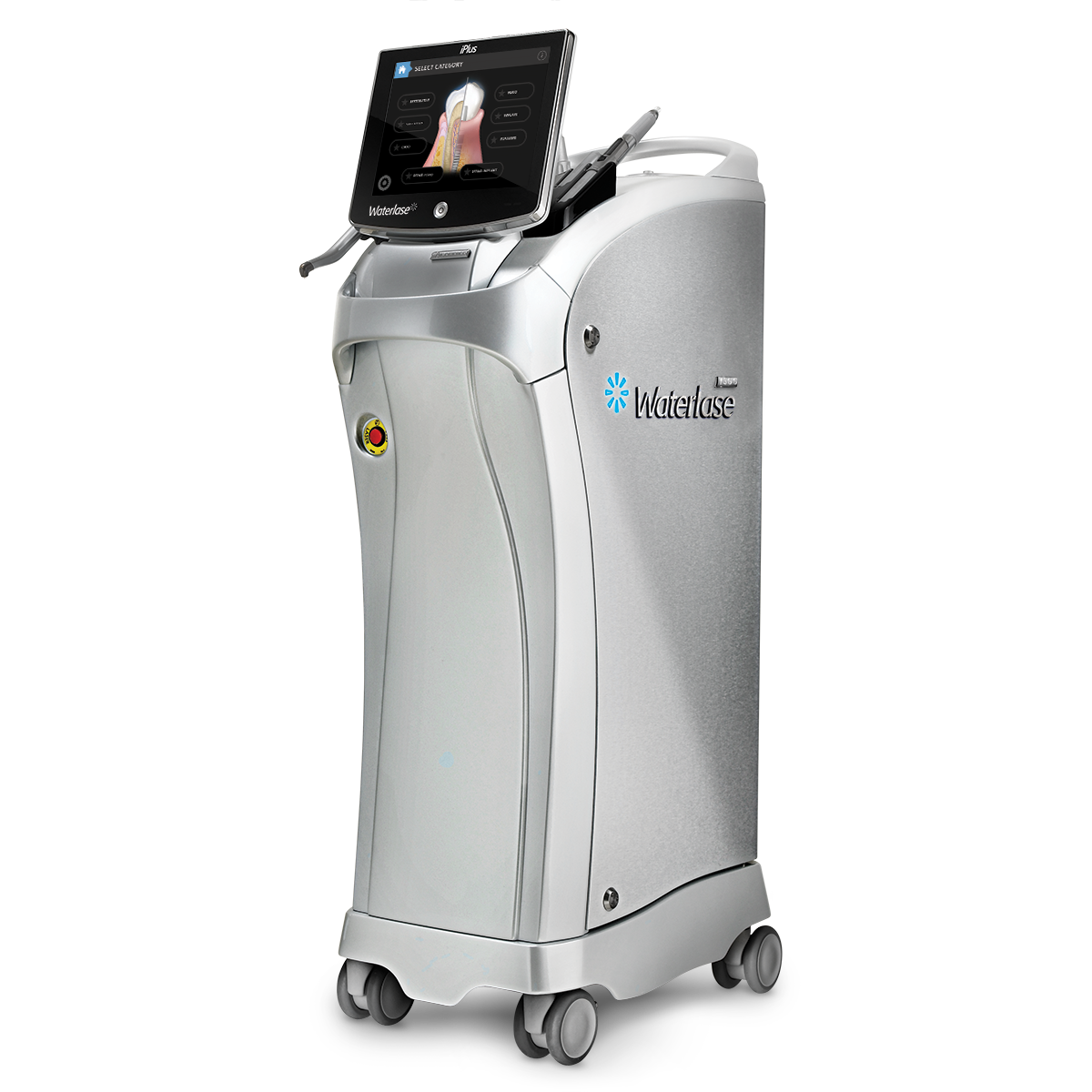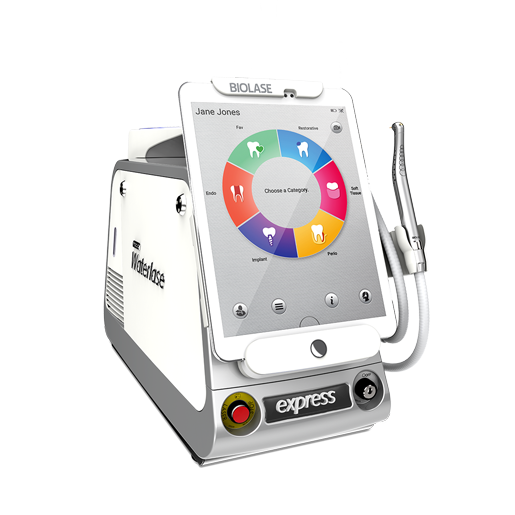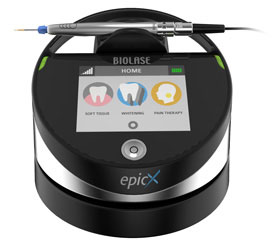In addition to brushing, flossing, and avoiding sugary treats, you may also prevent tooth decay by consuming dairy products.
Dairy products contain plenty of calcium, which is important for building, strengthening, and maintaining healthy teeth and bones. But there’s more than that – did you know that drinking milk and eating yogurt and cheese may help prevent cavities?
A peer-reviewed study that was published in the spring of 2013 issue General Dentistry examined the dental aspects of a number of subjects spanning the ages of 12 to 15. Specifically, the researchers examined plaque pH levels at various intervals before and after they drank milk, and ate cheese and sugar-free yogurt.
When a person’s pH level is less than 5.5, then they have a greater risk for tooth decay, which eats away at the tooth’s outer protective layer: enamel. Likewise, when a person’s pH level is greater than 5.5, their chances of developing a tooth cavity is lessened.
The results of the study were interesting; those in the study who consumed the dairy products had no changes in their pH levels. Even more, those participants who ate cheese had a quick increase in their pH levels when tested at each interval. This suggests that cheese may have properties that reduce the risk of a tooth cavity.
While more research needs to be performed, dairy products can be thought to helping prevent tooth cavity, and certainly is a great snack alternative to eating sugary, sticky snacks. But the benefits of dairy extend further. Dairy products contain calcium, which help strengthen teeth and bones, but there’s more. Dairy products are also rich in protein which helps build and repair muscle tissue, Vitamin A which aids in cell growth and maintains good oral health, and potassium which lowers the risk of bone loss. Finally, the lactic acid in milk and other products can kill the bacteria that cause tooth decay.
For these reasons, consuming dairy is a great idea, but how much dairy should a person have daily? General guidelines recommend the following: two servings a day for children and adults, three servings for older adults, and three to four servings for growing teenagers. One serving can be one cup of milk, ¾ cup of yogurt, or 1.5 ounces of cheese.
Keep in mind, however, that consuming dairy products should only be a part of a well-rounded dental care regimen. Brushing after eating, including dairy products, plus flossing, and visiting your dentist regularly should be vital components to keeping your teeth healthy and happy. In the meantime, raise a glass of milk and say “Cheese!”.



